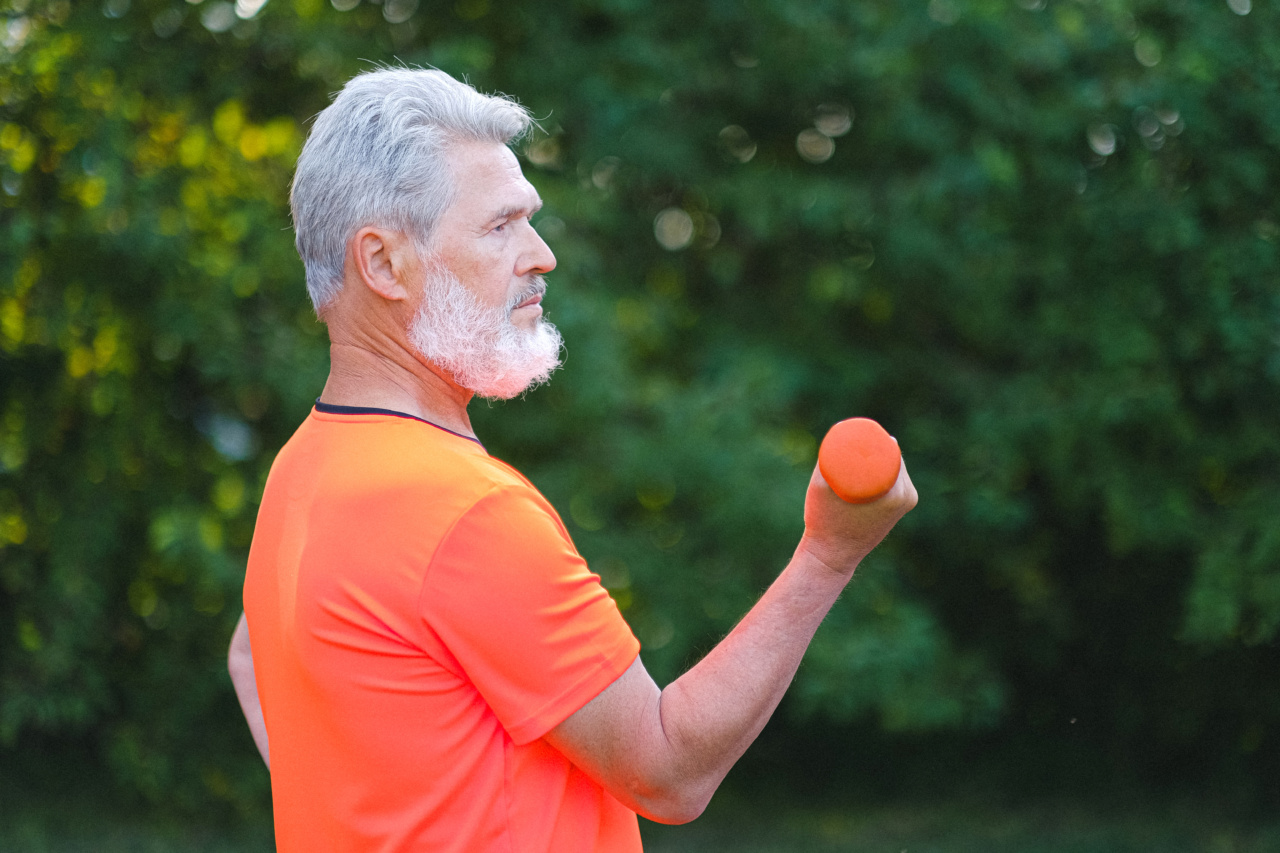Aging brings about a host of changes in the body, including a decrease in muscle mass, a slower metabolism, and hormonal imbalances. These factors can make it more challenging for seniors to lose weight effectively.
However, with the right approach, seniors can still achieve their weight loss goals and improve their overall health and well-being. In this article, we will explore various strategies that seniors can employ to shed those extra pounds.
The Importance of a Healthy Diet
One of the most crucial aspects of successful weight loss for seniors is adopting a healthy and balanced diet.
As we age, our nutritional needs change, and it is vital to consume foods that are rich in essential nutrients while limiting processed foods and added sugars.
Focus on Nutrient-Dense Foods
Seniors should prioritize consuming nutrient-dense foods that provide essential vitamins, minerals, and antioxidants. These include fruits, vegetables, whole grains, lean proteins, and healthy fats.
These foods not only provide necessary nutrients but also promote satiety, helping seniors feel fuller for longer periods.
Portion Control
Controlling portion sizes is crucial for seniors looking to lose weight. With age, our bodies require fewer calories, and overeating can lead to weight gain.
Using smaller plates and bowls, measuring food portions, or following portion control guidelines can help seniors manage their calorie intake and promote weight loss.
The Role of Physical Activity
Regular exercise is essential for seniors trying to lose weight and maintain their overall health.
However, it is important to consult with a healthcare professional before starting any new exercise regimen, especially if one has underlying health conditions or physical limitations.
Cardiovascular Exercises
Engaging in cardiovascular exercises, such as walking, swimming, or cycling, can help seniors burn calories and improve cardiovascular health.
These exercises can be adapted to suit individual fitness levels and can be performed at a moderate intensity for shorter durations if necessary.
Strength Training
Strength training exercises are crucial for seniors as they help build and maintain muscle mass. More muscle means a higher resting metabolic rate, which can aid in weight loss.
It is advisable to consult with a trained professional to learn proper form and technique and to design a strength training program that meets individual needs.
Flexibility and Balance Exercises
Flexibility and balance exercises are important for seniors to maintain mobility and prevent injuries.
Activities such as yoga, tai chi, or simple stretching routines can help improve flexibility, reduce muscle stiffness, and enhance overall well-being.
Mindful Eating
Mindful eating involves paying attention to the sensations while eating, such as the taste, texture, and aroma of food. This practice can help seniors recognize hunger and fullness cues, avoid overeating, and make healthier food choices.
Hydration
Staying hydrated is crucial for overall health and can even aid in weight loss. Drinking an adequate amount of water throughout the day can help seniors control their appetite, boost metabolism, and improve digestion.
Adapting to Challenges
Weight loss can be challenging at any age, and seniors may face additional obstacles due to health conditions or physical limitations.
It is important for seniors to listen to their bodies, make necessary modifications, and seek professional guidance when needed.
Consult a Healthcare Professional
Before embarking on any weight loss journey, seniors should consult with their healthcare providers. By doing so, they can ensure that their weight loss plan is safe and appropriate for their unique needs and circumstances.
Stay Motivated and Focused
Weight loss is not an overnight process, and it is important for seniors to stay motivated and focused on their goals.
Celebrate small achievements along the way, seek support from friends and family, and maintain a positive mindset throughout the weight loss journey.
Conclusion
Seniors can indeed lose weight effectively by adopting a healthy diet, engaging in regular physical activity, and making necessary lifestyle modifications.
Although the process may be slower than when they were younger, with determination and the right approach, seniors can achieve their weight loss goals, improve their overall health, and enjoy a better quality of life.




























